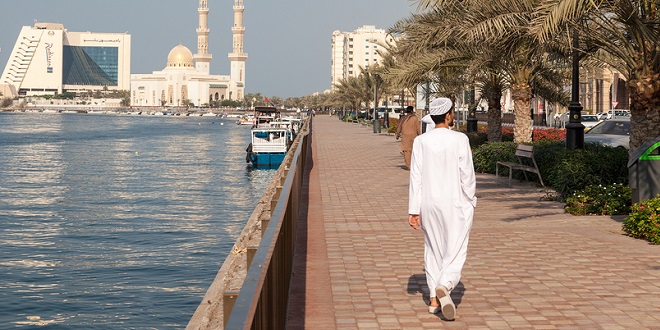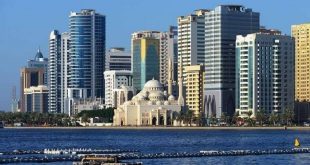Sharjah has been recognised by the World Health Organisation (WHO) as the Middle East’s first Healthy City, as a result of the city meeting a wide range of criteria set by the WHO Healthy Cities programme. The programme engages local governments in health development in an effort to prioritise health on the social, economic and political agenda.
The WHO Healthy Cities programme helps key stakeholders in city management to harness leadership, innovation and change in order to promote health and well-being, and resolve local public health challenges. Nearly 100 cities are members of the WHO European Healthy Cities Network, and 30 national Healthy Cities networks across the WHO European Region have more than 1400 cities and towns as members.
Sharjah joined the WHO Healthy Cities programme in 2012, as part of the emirate’s efforts to develop its environmental, social, cultural and economic potential. Shaikh Abdullah bin Salem bin Sultan Al Qassimi, Deputy Ruler of Sharjah, formed a steering-committee representing a wide range of government departments to manage Sharjah’s WHO’s Healthy Cities project. Meanwhile, experts from WHO assisted the government in implementing global best practices and fulfilling the programme’s criteria.
Sharjah met 88 percent of the 80 criteria for membership in the Healthy Cities programme, above the 80 percent minimum required by WHO. In fact, the emirate was able to meet 40 of the criteria before it joined the programme.
The WHO Healthy Cities programme identifies a comprehensive list of criteria for Healthy Cities including a high quality, clean and safe environment; the ability of the city to meet basic needs of residents and offer a variety of public resources; connectedness with the city’s heritage; and an optimum level of appropriate public health and sickness care services.
According to the WHO, a healthy city is one that continually creates and improves its physical and social environments and expands the community resources that enable people to mutually support each other in performing all the functions of life and developing to their maximum potential.
Sharjah has systematically implemented initiatives to enhance health, safety and well-being over the past few years from improvements to transport infrastructure, to world class environmental standards for waste management. The emirate has also invested heavily its cultural and heritage resources.
Source: WHO, Sharjah government






